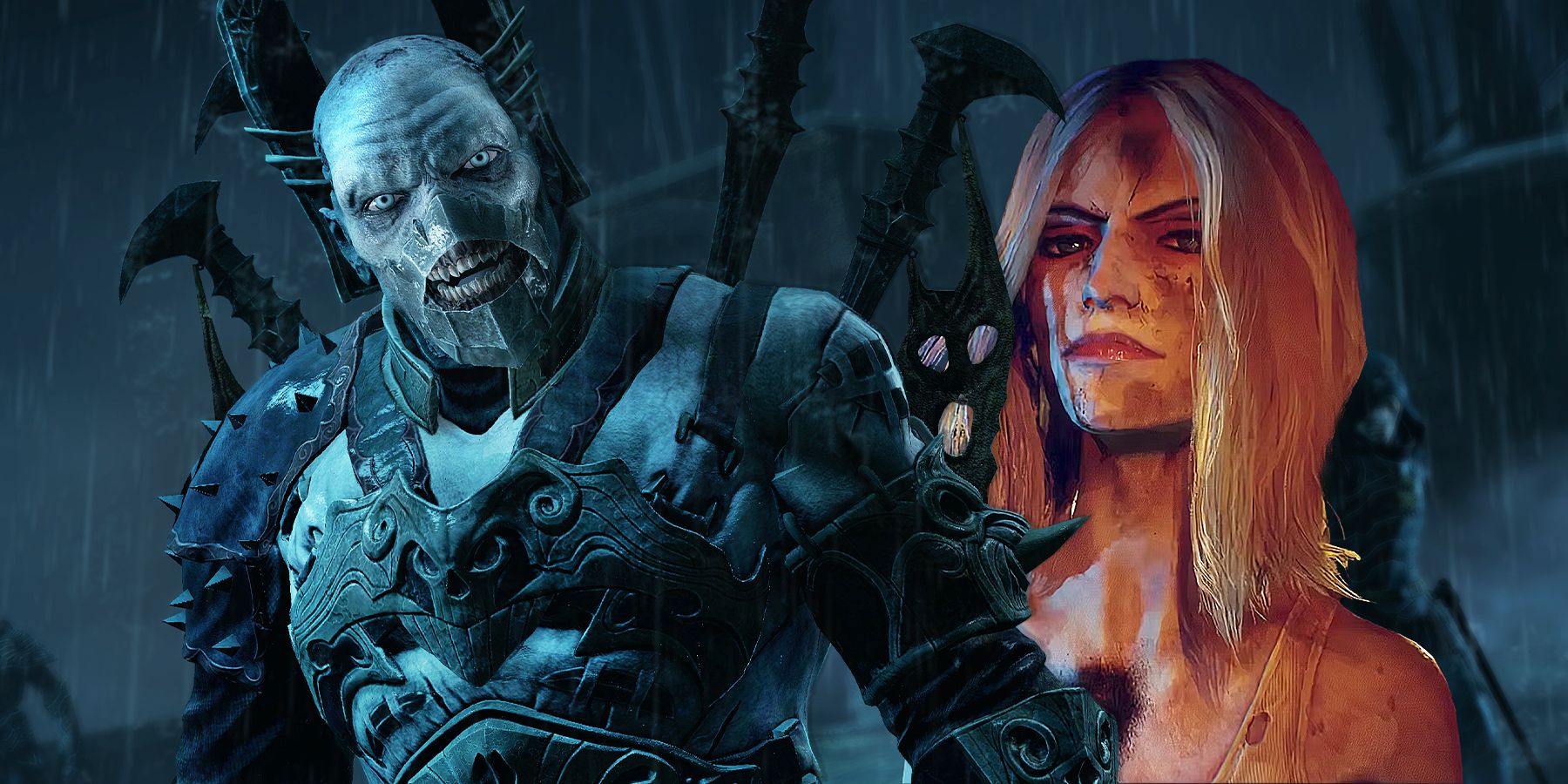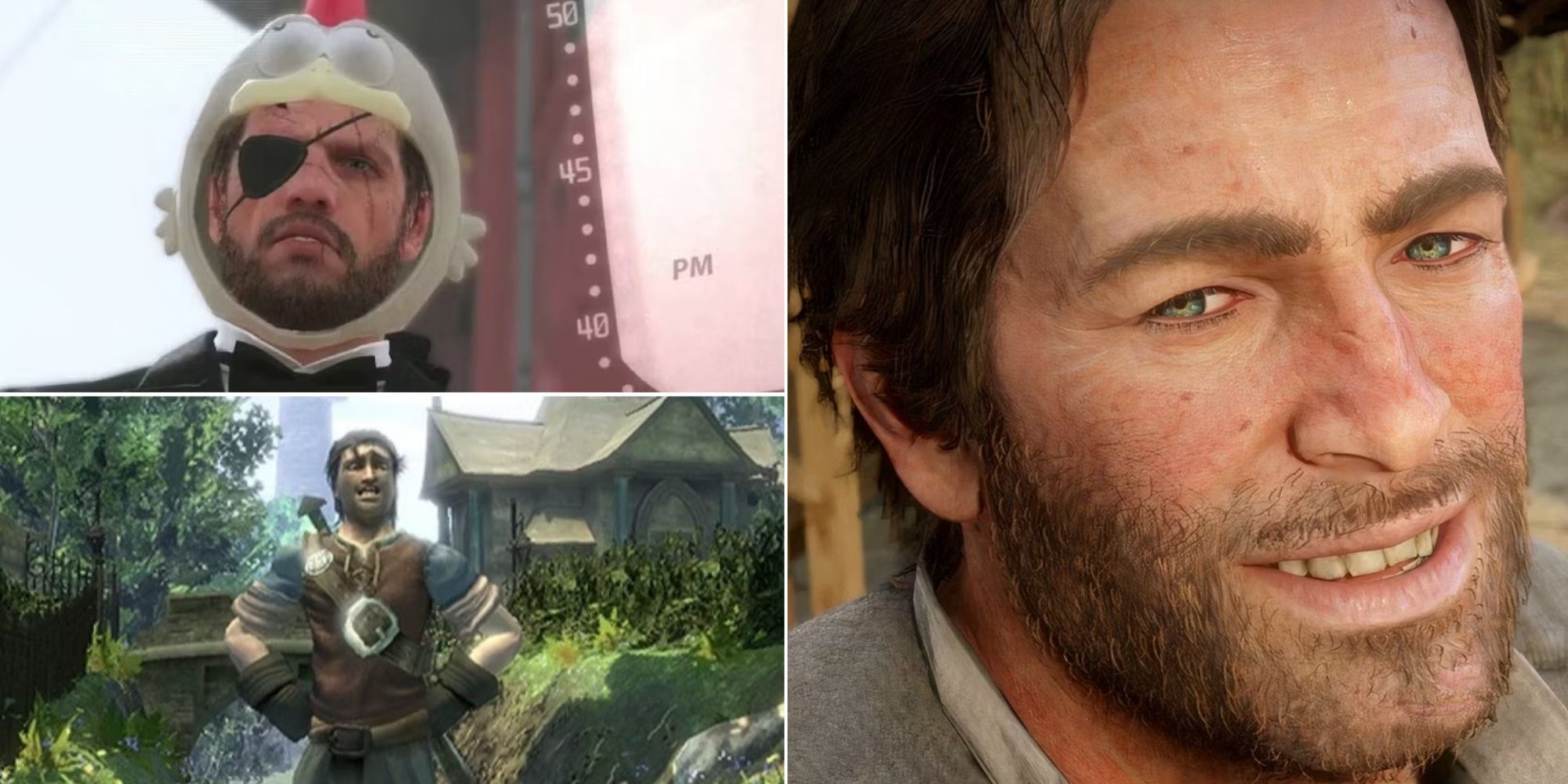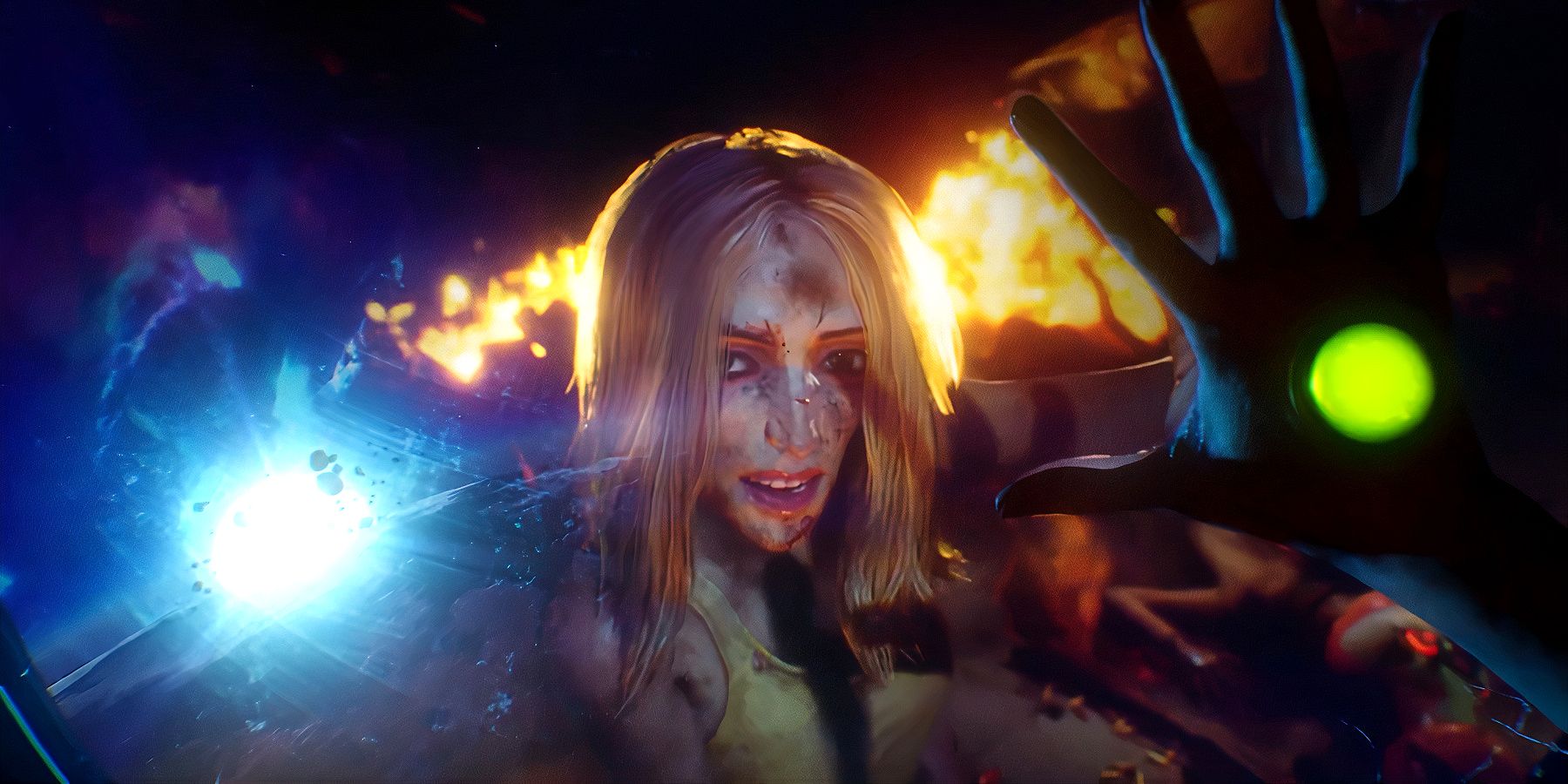Highlights
- Judas blends roguelike elements seamlessly into its story, offering a narrative-driven gameplay experience.
- The Mayflower setting in Judas justifies the roguelike elements with a unique "reprinting" system for the player.
- Judas' "failing forward" concept allows players to improve their character and change the game world while maintaining a strong narrative.
Never before has Ken Levine, creator of BioShock, experimented with roguelike elements in games, but that appears to be changing in his upcoming title Judas. The general appeal of the roguelike genre is its replay value, unique challenge, and rewarding progression, all of which rely on the player repeating the same process over and over again, albeit typically with a stronger version of their character than before each time. Roguelike games are usually not focused on their story as much as their gameplay, as their gameplay loop is prioritized to keep players coming back for more. As such, a renowned storyteller such as Ken Levine now introducing roguelike elements in Judas may seem like a step away from the narratives he is known for crafting. Fortunately, that doesn't seem to be the case.
While Judas appears to offer some satisfying gameplay, it also seems to be a highly story-driven experience. In fact, its roguelike elements are seamlessly integrated into the game's story, almost prioritizing its narrative above the gameplay itself. Using Judas' setting aboard the Mayflower, Levine seems to have constructed a narrative that effectively justifies the traditional roguelike elements present in the game, and, as usual, it's bizarre.

Sadly, Judas Won't Be Able to Make Full Use of One of Its Inspirations
Aside from Judas' clear BioShock roots, it draws inspiration from another unlikely source that it may not be able to take full advantage of.
How Judas' Narrative Backs Up Its Roguelike Elements
Judas' Setting Primes the Stage for Roguelike Gameplay
In Judas, the Mayflower is a city-sized colony ship floating in space, originally sent out as a way to save humanity by transporting it from a dying earth to another planet. Unfortunately, somewhere along the line, the machines aboard the Mayflower went haywire and began taking control of it. Now, as Judas, players wake up being "reprinted," meaning they were dead before, and the story begins with them investigating what happened. This is where the game begins, and it is also where Judas' roguelike elements find their footing.
On the Mayflower, there is advanced technology called "reprinting" that essentially behaves like a 3D printer, only it prints people instead. As the expedition from Earth to another planet is a multi-generational journey, reprinting allows people to be continually reborn by remaking them down to the molecular level — bones, tissue, and organs included. It's a concept not unlike the canceled HBO series Westworld, which sees people living out their wildest dreams via artificial consciousness, but it will undoubtedly present itself as an original idea in Judas. With this reprinting technology, players can be constantly reborn, which is typical of roguelike games. However, Judas will also be taking on some of the other standout features of the genre.
How Judas' Roguelike Elements Will Come Into Play
Implanted into one of Judas' hands is a molecular recording device, which keeps track of and records her molecular state throughout her life. This is ultimately what the reprinting machine uses as a starting point for reprinting her. Because of this device, when players die in Judas, they will be allowed to improve Judas to some degree and even change the Mayflower itself. Levine has made it clear that Judas is not a roguelite game and instead only uses elements from the genre, much like another of Ken Levine's games, System Shock 2, which was a combination of FPS and RPG elements. More than anything else, Judas is what Levine refers to as a "Judas simulator."
In a recent interview, Levine stated that death is not the end in Judas, but rather, players are "reprinted," and they earn resources as they play to do that reprinting process. It is a concept Levine calls "failing forward," which is what roguelike games thrive on. Still, Judas is more than its gameplay, as it appears its narrative is more than enough to justify this loop. This unique "reprinting" system aboard the Mayflower and its intended purpose all contribute to the world Levine and Ghost Story Games have created in Judas and the innovative hybrid experience it offers.




